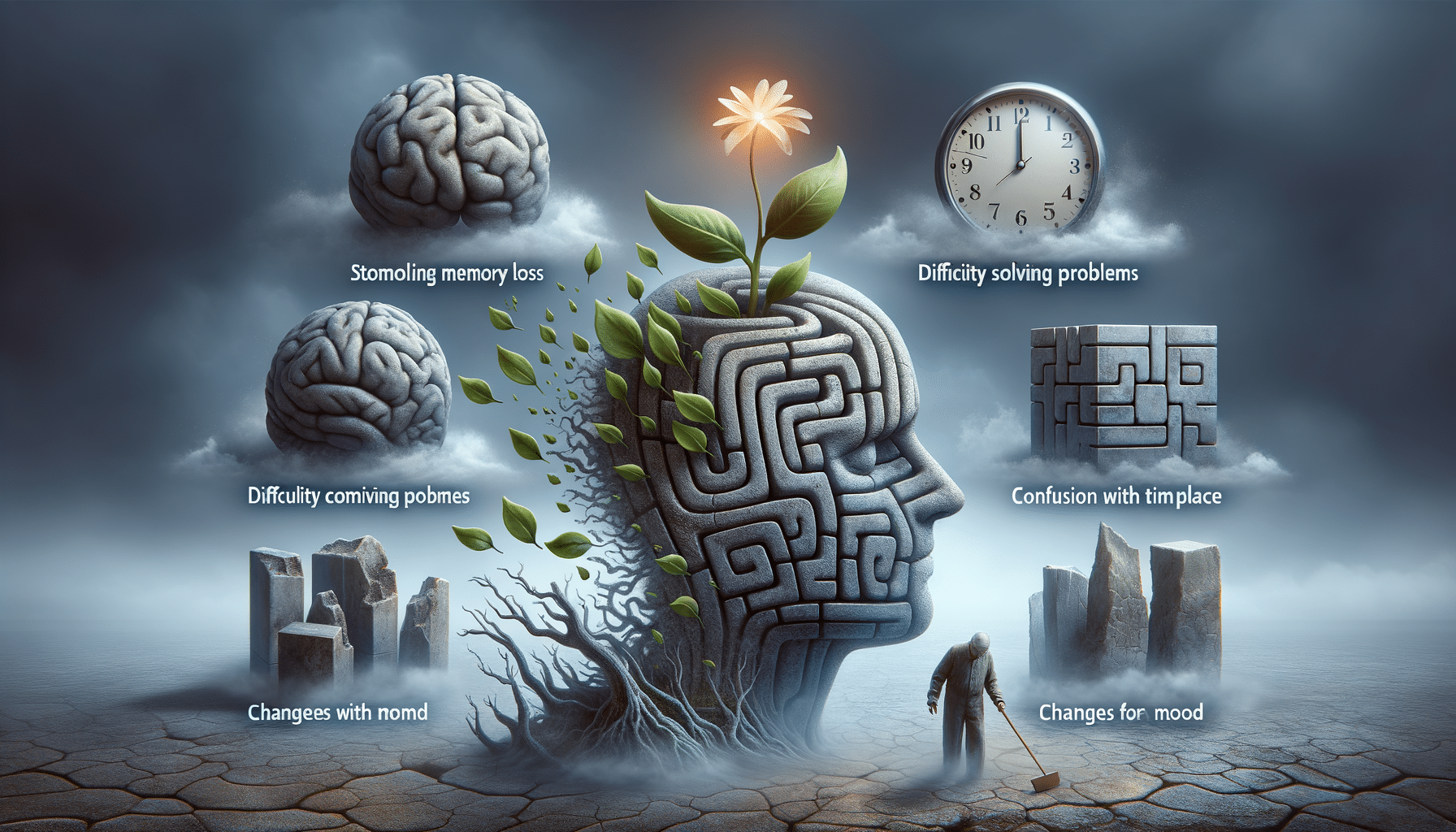
5 Early Dementia Signs And What to Do Next
Introduction: Understanding Early Dementia
Dementia is a complex and multifaceted condition that affects millions of people worldwide. Recognizing its early signs can significantly impact the quality of life for those affected and their families. While some symptoms may be mistaken for normal aging, understanding the nuances of early dementia can lead to timely intervention and better management. This article explores five early signs of dementia and provides guidance on what steps to take next.
Memory Loss That Disrupts Daily Life
Memory loss is perhaps the most recognized symptom of dementia, but not all memory lapses are indicative of this condition. In early dementia, individuals may experience frequent forgetfulness that disrupts daily activities. For example, they might forget recently learned information or important dates and events, leading to repeated questions or reliance on memory aids. This is more pronounced than typical age-related memory changes, where misplacing items or occasionally forgetting names is common.
To address memory loss, consider the following steps:
- Encourage regular mental exercises such as puzzles or memory games.
- Maintain a structured routine to help reinforce memory through repetition.
- Consult a healthcare professional for an evaluation and possible cognitive therapy.
Early intervention can slow the progression of memory-related symptoms, enhancing day-to-day living.
Challenges in Planning or Solving Problems
Another early sign of dementia is difficulty in planning or solving problems. Individuals may struggle with tasks that require concentration or follow-through. For instance, managing finances, following a recipe, or keeping track of monthly bills might become overwhelming. This differs from occasional errors in decision-making that are typical as people age.
To manage these challenges, consider these strategies:
- Break down tasks into smaller, manageable steps.
- Use visual aids or checklists to help organize tasks.
- Seek professional guidance for cognitive training or occupational therapy.
By addressing these issues early, individuals can maintain a sense of independence and control over their daily lives.
Confusion with Time or Place
Disorientation regarding time or place is another early sign of dementia. Individuals might lose track of dates, seasons, or the passage of time. They may also forget where they are or how they arrived there. This is more severe than occasionally forgetting the day of the week but remembering it later.
To mitigate confusion, consider the following approaches:
- Ensure a consistent daily schedule to reinforce a sense of routine.
- Use calendars and clocks prominently to provide constant reminders of time and date.
- Engage in regular social activities to maintain orientation and awareness.
By understanding and addressing disorientation, individuals can experience a more stable and secure daily environment.
Conclusion: Navigating the Path Forward
Recognizing the early signs of dementia is crucial for planning and care. While these symptoms can be distressing, early detection allows for proactive measures that can enhance quality of life. By understanding memory loss, challenges in problem-solving, and disorientation, individuals and their families can take informed steps to manage the condition effectively. Consulting healthcare professionals for a comprehensive evaluation and support is vital in navigating the complexities of dementia. With the right approach, those affected can continue to lead fulfilling lives despite the challenges posed by this condition.


